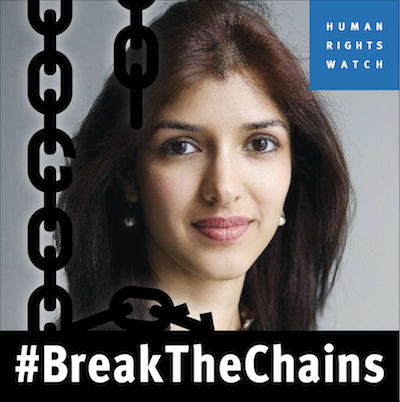| Dear Konsensya, “Imagine living in hell, it's like that here.” Asmirah, a 22-year-old woman with a psychosocial disability at a religious healing center in Indonesia, August 2015 Despite a 1977 ban on shackling - known as pasung - in Indonesia, the practice continues. More than 18,000 people with perceived psychosocial disabilities (mental health conditions) are locked up in chains, wooden stocks, or animal pens because families don’t know what else to do or because of the lack of access to mental health care. They are confined to unsanitary and inhumane conditions, sometimes for decades.
There are only 48 mental hospitals and less than 1000 psychiatrists in a country of over 250 million people. Due to the government’s refusal to supply adequate mental health medication and services, many families shackle their relatives with disabilities because they don’t know what else to do. No one should have to resort to shackling their loved ones.
It is time to END the shackling of people with disabilities.
JOIN US and call on the Ministry of Health to provide mental health medication in local health centers and support services for all who seek it. Tweet Minister of Health Dr. Nila Farid Moeloek AND Email Minister of Health Dr. Nila Farid Moeloek Also show your support by adding our campaign logo to your profile picture. 
It is time for this inhumane act to be banished from Indonesia once and for all. Visit http://hrw.org/breakthechains to show your support. SHARE THE CAMPAIGN   
With much gratitude, Kriti Sharma,
Researcher, Disability Rights Division
Human Rights Watch | 


